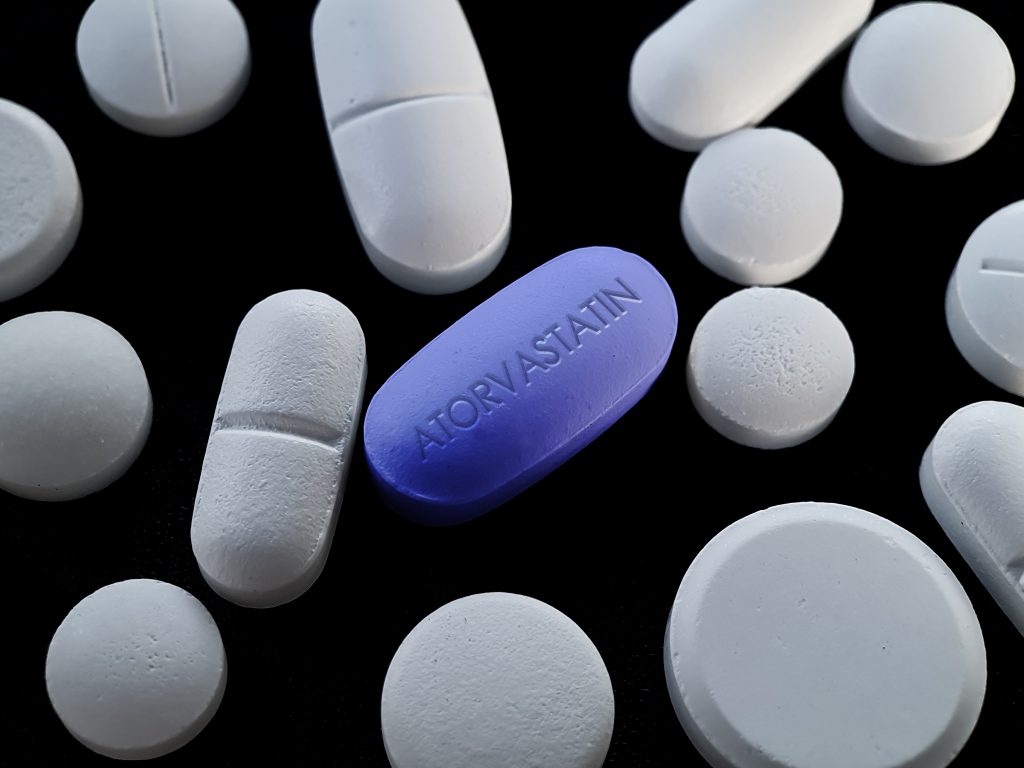Arq. Bras. Cardiol. 2021; 117(4): 748-749
Anti-Inflammatory Effects of Atorvastatin Therapy in Metabolic Syndrome
This Short Editorial is referred by the Research article "Atorvastatin Attenuates Vascular Remodeling in Mice with Metabolic Syndrome".
Metabolic Syndrome (MS) is a condition characterized by abdominal obesity accompanied by high fasting glucose levels, insulin resistance, arterial hypertension, and dyslipidemia. It configures a critical risk factor for developing other clinical conditions, primarily type 2 diabetes mellitus (DM2) and cardiovascular diseases. , Also, MS has been associated with endothelial dysfunction, characterized by changes in arterial vascular architecture, especially in the endothelium and capillary basement membrane, causing microvascular complications. Endothelial basement membrane remodeling commonly includes erosion and vascular thrombosis processes in individuals with MS.
Endothelial dysfunction pathogenesis is a multifactorial event and may include chronic inflammation resulting from leukocytes activation and increased production of reactive oxygen species, which are commonly associated with MS. The pro-inflammatory phenotype related to MS makes the vasculature highly vulnerable to tumor necrosis factor-alpha (TNF-α), C-reactive protein, interleukin-6 (IL-6), and interleukin-8 (IL-8)-induced inflammatory processes. , High levels of these pro-inflammatory markers are commonly associated with MS. – Likewise, low-density lipoproteins (LDL) oxidation resulting from lipid peroxidation has immunogenic and pro-inflammatory effects, based on the recruitment and accumulation of pro-inflammatory cells. These effects may sustain endothelial dysfunction that is associated with smooth muscle cell proliferation and perivascular adipose tissue hypertrophy, events commonly observed during the endothelial remodeling process.
[…]
793

